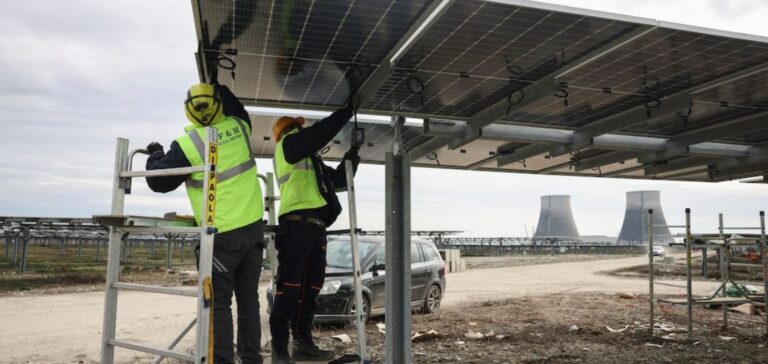Greenvolt announces the sale of 19 photovoltaic projects in Italy to Nuveen Infrastructure for 18.7 million euros.
The projects, spread across several Italian regions, will reach the “Ready to Build” phase between 2024 and 2025, with a total capacity of 153 MWp.
This transaction is in line with Greenvolt’s strategy of developing projects through to the construction phase, before selling them to institutional investors.
The company aims to optimize its operations by focusing on the initial development of projects, an approach that attracts players such as Nuveen Infrastructure.
This method of transferring assets frees up Greenvolt’s resources to finance other developments, while strengthening its presence in various European energy markets.
Green Horse coordination and pipeline outlook
The transaction with Nuveen Infrastructure is facilitated by Green Horse, which is playing a key role in structuring the agreement.
This partnership enables Greenvolt to pursue its strategy of monetizing its assets.
At the end of the first quarter of 2024, Greenvolt’s project portfolio will reach 8.6 GW, with a majority of projects earmarked for sale.
For the current year, the company plans to sell over 500 MWp.
This selective sales strategy is part of an efficient capital allocation and portfolio management approach.
By selling a large proportion of its projects to strategic partners, Greenvolt reduces its financial risks while maintaining its ability to quickly reposition itself on new opportunities.
International development and business diversification
Greenvolt is diversifying its activities beyond Utility Scale projects, also focusing on Distributed Generation and battery storage solutions.
Active in 17 countries, the Group is expanding its self-consumption platform across Europe, and is also producing energy from residual biomass in Portugal and the UK.
This expansion reflects a diversification strategy designed to meet the demands of a rapidly changing market.
By operating in several segments of the energy market, Greenvolt adopts an agile approach, enabling it to adjust its investments in line with regional dynamics and regulations specific to local markets.





















